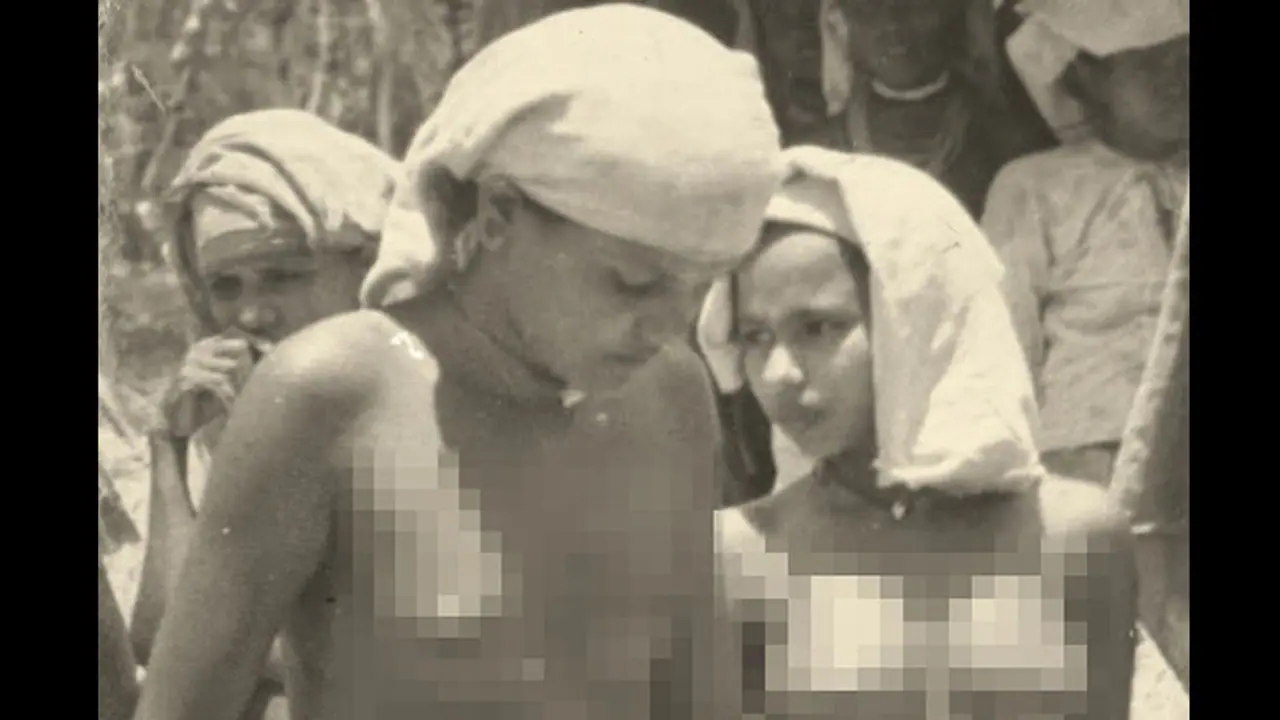Tamil politicians including former CM J Jayalalithaa, DMK and others, had previously sought to remove references to the Nadar community NCERT also made changes in its history textbooks dropping "objectionable'' references to the Nadar community

The Central Board of Secondary Education (CBSE) removed a section on "Upper Cloth Revolt" in southern India from a social science textbook following objections about "derogatory" references to women from the Nadar community. This is not the first time textbook sanitisation with relation to this matter has happened. In 2013, National Council for Educational Research and Training (NCERT) also made changes in its history textbooks dropping "objectionable'' references to the Nadar community.
Tamil politicians including former CM J Jayalalithaa, DMK and others, had previously sought to remove references to the Nadar community as toddy-tappers and lower castes in the class IX history book. The class IX textbook, India and the Contemporary World-I, too has seen significant changes in its chapter on "Caste Conflict and Dress Change.''
Tamil leaders had found references to the Nadar/Channar community being described as migrants in Travancore, who worked as toddy-tappers under their Nair landlords as derogatory. So buckling under pressure the National Monitoring Committee removed the reference, describing Nadars only as a "subordinate caste''. The committee has also included more details about social reformer Ayya Vaikunder as demanded by the Jayalalithaa.
For those who don’t know what the whole fuss is about. Here’s a brief history:
The upper cloth revolt or Maru Marakkal Samaram refers to incidents surrounding the rebellion by Nadar/Channar climber women asserting their right to cover their bosom against the caste restrictions sanctioned by the Travancore kingdom, a part of present day Kerala, India.
In Travancore, Cochin and Malabar, no lower caste female was allowed to cover the upper part of their body in front of Brahmins until the 19th century. Under the support of Ayya Vaikundar, some communities fought for their right to wear upper clothes and the upper class resorted to attacking them in 1818. The upper class Nair women were allowed to cover their breasts with a white mundu tied above the breast and right down to the ankle. Riots took place in 1859, in Travancore and continued for several days, when the ladies of Channar caste began to cover their breasts. It was deemed important enough for scholars to even consider it as a part of the struggle for independence.
What this omission and deletion of history from school textbooks basically hints at is about the idealistic and moralistic ‘politically-correct’ society we are living in today. Where once upon a time textbooks were considered instruments of learning. Often it has been power and politics dictating what children will learn and will not. Years ago, the nobility and upper caste Brahmins stripped the Channar women of their right to dignity and now, political leaders are removing, changing the downtrodden’s history according to their whims and fancies.
Textbooks, one can argue, do not always contain the absolute truth and correction and amendment may be necessary according to the times. But such omission of whole chapters because it does not paint a person in the correct light is absolutely shocking. Despite academic accuracy as claimed by the writers and coordinators of the book, certain fundamentalists feel it is inaccurate.
Already the country is grappling with the ‘Hinduising’ of the educational system, numerous instances can be cited where efforts have been made to rewrite history according to a political party to propagate ‘Indianness’. So this political cleansing of history textbooks means that our future generation will hold a skewed perspective of their cultural history. Our only plea is to let the children know the truth even if it is derogatory. Our ancestors were no saints and it is only correct that we acknowledge how things were in the olden days rather than teach something which is sanitised and far from the truth.
Lead image: Sunil Janah
